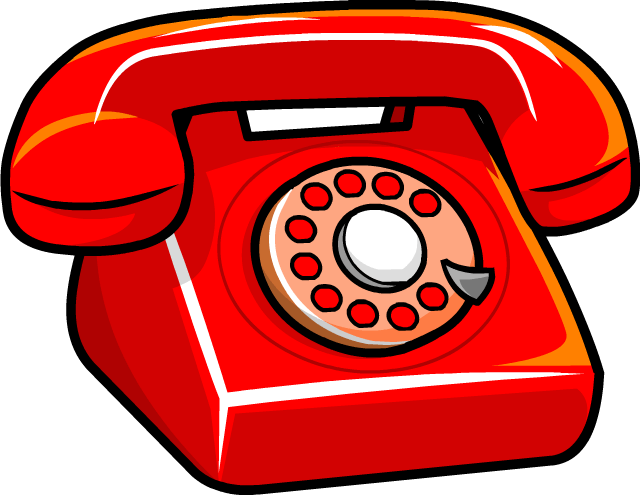
Glass cooktops come with plenty of perks. They are sleek, contemporary and when spills happen, the spills remain on the surface, making the cooktops easy to wipe and clean.
Unfortunately, cooktops repair professionals report that homeowners do several things that damage the cooktops, and they are forced to replace them before their time. Would you love to learn about these things? Here they are:
When you slide your cookware across your glass top, the aluminum and copper can rub off the cookware and leave permanent marks on the cooktops. For your cooktops to last for a long time, avoid sliding anything on them. If you accidentally slide anything on the cooktops, move with haste and remove it. As a rule of thumb, don’t put on the stove before you remove the marks made as the heat will cause them to adhere to the surface permanently.
Placing soiled cookware on the cooktops
It’s normal for food debris such as grease to remain on the cooktops, and when you place the cookware on the glass cooktop, the grease can melt onto the glass and stain the cooktop. To avoid these stains, inspect the bottoms of your cookware and if they have any grease on them, clean them. You shouldn’t place any soiled cookware on your cooktop.
Allowing spillovers to stay on the cooktops
It’s sometimes impossible to prevent spillovers from happening as you might lose your attention by just a few minutes, then the food you are preparing spills over.
When this happens, you shouldn’t ignore it, hoping that you will clean it later on. Instead, move with haste and clean it as soon as the glass top cools. The reason for this is because the spills will be difficult to remove later on. In fact, the spills might lead to a permanent stain.
Using scrubby sponges
Cleaning glass cooktops is vital as it leaves the surfaces clean and inviting, but you need to watch the materials you use for cleaning. One of the mistakes homeowners make is to clean the surfaces using the scrubby side of the sponge. While the side might remove the stubborn stains, it’s too abrasive and can lead to serious scratches.
When you are cleaning the cooktops, stick to using the soft side of the sponge. Regardless of how stained the cooktops are, don’t give in to the urge to flip over the sponge and use the scrubby side.
In the same way, you shouldn’t clean the cooktop using the scrubby side, you also shouldn’t use steel wool. While the steel wool might remove most of the tough stains, it can leave deep unsightly pits on the cooktop’s surface.
Food particles can get stuck in these crevasses, and bacteria grow on them, putting your life and that of your loved ones in danger.
Cleaning the cooktops when hot
When you have a spill or are in a hurry to get the cooktop clean, you might be tempted to clean the cooktop while hot but don’t do it. This is because the cleaning products you use can quickly burn, damaging the glass cooktop’s finish and, in return, leave you with pits or boils.
The right thing to do is wait for the cooktop to cool down, then slowly clean it, removing all the spilled products.
Putting a lot of pressure on the cooktop
Homeowners know better not to sit on the cooktop, so most of them find themselves placing a lot of pressure when cleaning them. As you try to reach the hard-to-reach areas, it’s common to find yourself placing your elbow on the cooktop, which is wrong as you can easily crack the cooktop.
When you are doing the cleaning, be conscious of the location of your hands, so you don’t unknowingly put all of your weight on the cooktop’s surface and crack it.
Cleaning the cooktops using a glass cleaner
It sounds logical to use a glass cleaner on the glass cooktops, but this isn’t the right thing. According to appliance repair Northern VA professionals, the ammonia in the glass cleaner can be too strong for the glass that the glass gets damaged.
To protect your glass cooktop, don’t use the glass cleaner. Instead, use white vinegar.




